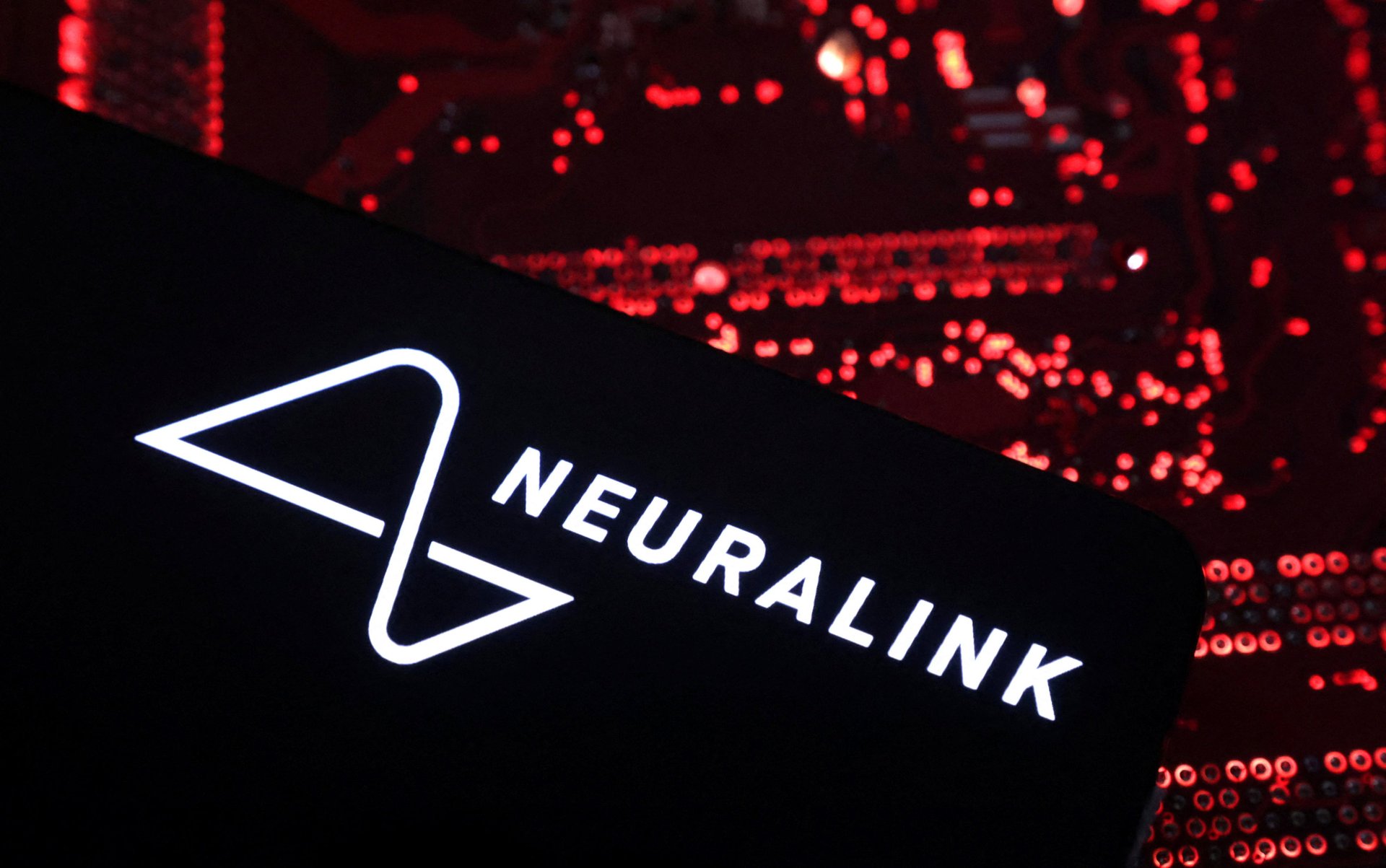Elon Musk's Neuralink got FDA approval to implant a brain chip in a second patient
It comes after some of the implant's electrode-containing threads retracted from the brain of the company's first patient

The Food and Drug Administration (FDA) has given Elon Musk’s startup Neuralink the official go-ahead to implant its experimental brain chip on a second patient, according to a new report.
Suggested Reading
The Wall Street Journal reports that the company gained approval for a second test patient, along with a modified procedure. Neuralink is currently testing its brain-computer interface (or BCI), which aims to help people with full-body paralysis control outside technology using their thoughts. The news comes weeks after Neuralink reported issues in its ongoing clinical trial, in which some of the implant’s threads — components of the device that record neural activity — retracted from the brain of its first trial participant.
Related Content
Sources familiar with the matter told the Reuters last week that Neuralink and the FDA knew from previous animal testing that the threads, which are thinner than a strand of human hair, could retract, along with electrodes used to read brain signals. The sources added that Neuralink did not deem the risk sufficient enough to merit a redesign.
Neuralink did not immediately respond to a request for comment, while the FDA declined to discuss the issue.
The company will now embed the implant’s threads deeper into the brain in order to address the issue, according to the Wall Street Journal. The implant’s threads will now be placed eight millimeters inside a patient’s motor cortex, compared with the three to five millimeters used for Neuralink’s first patient.
The startup implanted its device on 29-year-old quadriplegic Noland Arbaugh in February. Arbaugh has been able to use Neuralink’s implant to play hands-free chess and video games like Mario Kart.
Arbaugh told the Wall Street Journal that about only 15% of the threads implanted in his brain remain in place. As a fix, Neuralink has adjusted the algorithm in Arbaugh’s implant to to increase its sensitivity to brain signals.